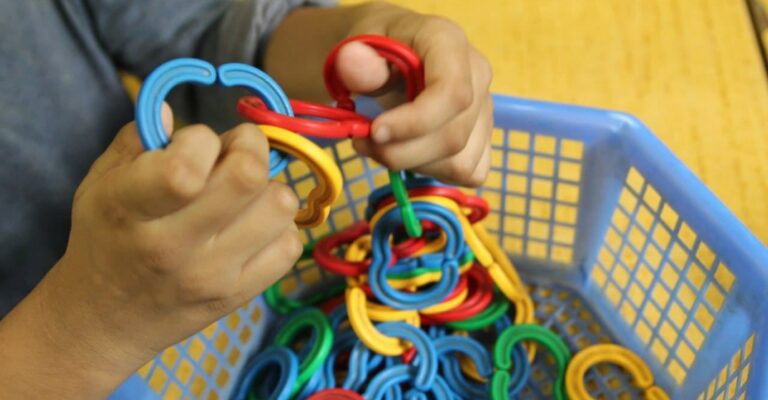
At this point, there’s no need to emphasize how COVID-19 has mercilessly affected each and every individual across the globe. But, the pandemic has most certainly affected some more than the others.
As students in Nepal are distanced from their schools with little to no benefits of online classes, children with mental disabilities are faced with disproportionate obstacles as compared to abled children since online classes don’t address their special abilities and their right to obtain quality as well as inclusive education.
The Disability Rights Act, 2017 considers a person to have an intellectual disability if their “intellectual development does not progress with their age and therefore has difficulty performing activities based on age and environment.”
For children with disabilities, remote home schooling not only requires access to internet, availability of books and other learning materials but also access to specific assistive devices or special curricula that allow continuous education at home and that accommodate their specific learning needs.
Ramesh Kunwar, 14, suffers from cerebral palsy and his mother Mamata says that he hasn’t been able to learn anything new since the pandemic started.
“Ramesh was enrolled into daycare for children with mental disabilities, but the daycare is now closed due to the pandemic. His body posture was improving, he could walk with little support and his speech was also getting clearer, but now he is forced to stay put at home and we can’t find another daycare for him,” Mamata said.
Cerebral palsy (CP) is a group of disorders that affect a person’s ability to move, maintain balance and make it difficult for learning things.
The Education Ministry’s Curriculum Development Center created a curriculum for children with intellectual disabilities in 2015, but the curriculum limits such children to learning practical life-skills in resource classrooms or special schools for up to 10 years.
The curriculum includes tasks such as brushing teeth, going to the toilet, personal hygiene, getting dressed and independent eating. Children with better learning ability can learn vocational skills such as candle-making, sewing or origami at age 12 to 14 years.
Special Education and Rehabilitation Center for Disabled Children (SERC), a school for children with special needs, located at Chapagaun, Lalitpur provides practical skills as well as physiotherapies to the students with intellectual disabilities.
The treasurer of SERC, Anish KC said, “We are affiliated to European schools and we import ideas to Nepal, implement cultural adaptation and then teach our students while training teachers of other schools.”
The school has been functioning with only residential students ever since the COVID-induced lockdown was eased last year. The school had more than 80 students before the pandemic, but now it has only 32 students who stay in the schools’ hostel.
“These students aren’t able to understand and implement proper health safety protocol to protect themselves against COVID-19. So if one student catches COVID, it will spread like wildfire. We want to help other students because the sooner they are provided with education and physiotherapies, the faster they’ll get better,” said Anish.
The school has different teaching models for children with cerebral palsy, autism and slow learning disorders. However, children with CP account for most of the students at the school.
The school has different classrooms for children with different needs. For example, students who have potential to enter mainstream education are kept in ‘Sunflower’ classroom – a classroom that focuses on concentration development, fine motor skills and mainstream education.
Similarly, the ‘Rose’ classroom includes girls with CP and they are specifically taught social boundaries along with life skill lessons and independent performance of daily activities.
“Girls with disabilities are more vulnerable to sexual abuse, so we teach them about social boundaries, ways to identify improper activities and to inform discomfort to someone they trust,” Anish explained.
There is another classroom ‘Edelweiss’ where students with complex mental disorder are taught to independently eat and use washroom. They are also given physiotherapies to improve their posture.
Students with mental disorders competing in the mainstream education have their own unique battle, said Neurologist Dr Manav Aryal.
“There are students with mild autism and Attention-Deficit Hyperactivity Disorder (ADHD) who have access to mainstream education. However, many schools aren’t capable to provide special needs required for proper education of these children and teachers aren’t trained to handle such special children,” said Dr Manav.
“The pandemic has deprived these children from accessing opportunities and education. In this ableist society, their only choices are either to adapt to the fast-paced/ineffective education or quit,” Aryal said.




By Feenzu Sherpa,





